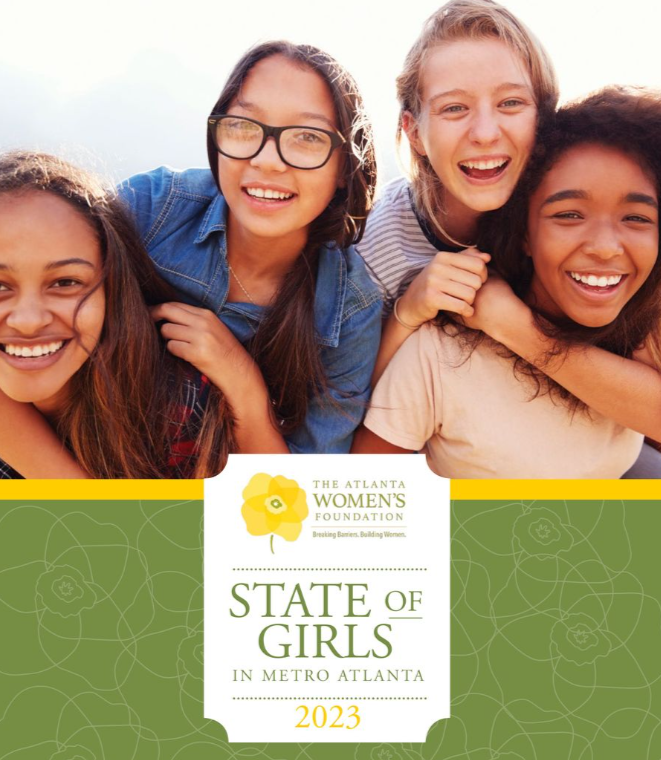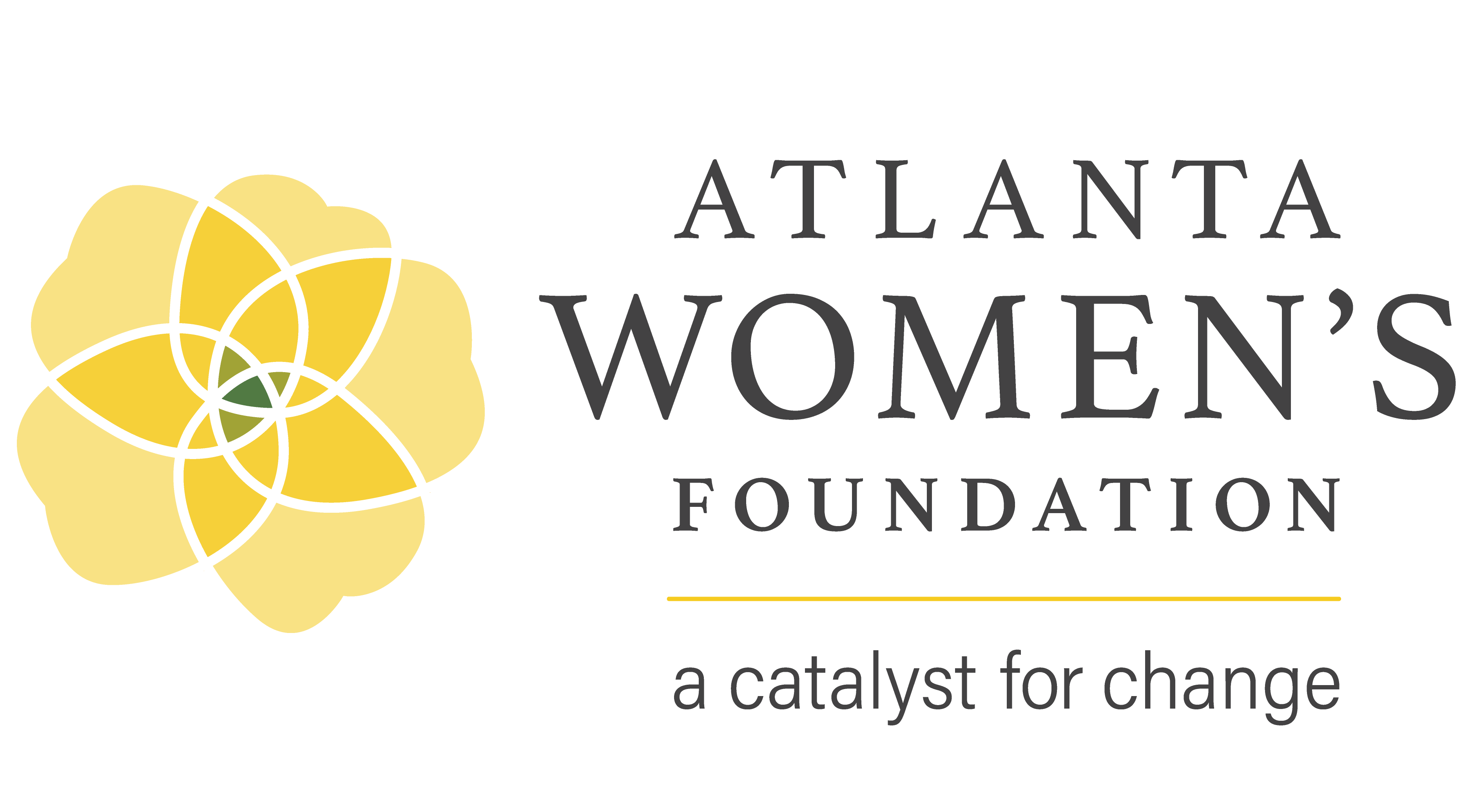The Atlanta Women’s Foundation Invests $1.1 Million in the Community

ATLANTA, Aug. 29, 2023 – Living up to its mission to be a catalyst for change in the lives of women and girls, Atlanta Women’s Foundation (AWF) is providing $1.14 million to 21 nonprofits serving women and girls in Clayton, Cobb, Dekalb, Gwinnett, and Fulton Counties.The funds were distributed at a check presentation event held at the Ansley Golf Club on August 24, 2023. The event welcomed 100 attendees, including recipient nonprofit leaders, AWF board members, AWF Board Alumni and others who have raised funds and donated to the foundation.
“What’s special about this particular moment is that along with kicking off our 25th anniversary, AWF is launching our All Girls Forward Empowerment Program,” explains Kari B. Love, chief executive officer of AWF.
Through its All Girls Forward Empowerment Program, the Atlanta Women’s Foundation will award a total of $2.5 million over five years to 10 local nonprofit organizations providing girls-serving programs. The initial funding for the program, was primarily raised by this year’s Inspire Atlanta class, many of whom were present when the inaugural checks – totaling $500,000 – were presented to the recipient nonprofit organizations.
The check presentation also included grants made to the nonprofits selected for two other Atlanta Women’s Foundation cohorts – the Two-Generation Initiative funded by the Liz Blake Giving Fund and the Economic Empowerment Program funded by the Coca-Cola Foundation.
“We couldn’t be more grateful for the companies, organizations, and individuals who contribute to AWF to make this investment possible,” states Love.
State of Girls in Metro Atlanta 2023

A recent research study commissioned by the Atlanta Women’s Foundation reveals that continuing in the wake of the COVID-19 pandemic, girls in metro Atlanta are facing exacerbated negative effects. Factors such as disruptions in education, pressure to serve as caretakers for younger siblings, mental health issues, an uptick in obesity rates, and an increase in the proportion of girls living in poverty require a comprehensive, strategic response. The full report is available here.
Takeaways from the Study
- Population:
- 40 percent of girls in metro Atlanta are Black.
- Girls make up 49 percent of metro Atlanta’s total youth population.
- Economic Insecurity:
- Girls are more likely to live in poverty than boys and poverty rates are highest for girls of color.
- Girls who live in households where the parent is unemployed experience long-term challenges regarding education, economic security, and health.
- Family income is a large predictor of a girls’ education and economic well-being in adulthood.
- Health & Well-being:
- There is marked increase in suicidal thoughts, feeling a drastic personality or behavior change, and students thinking about or acting on thoughts to harm themselves.
- Girls with unaddressed mental health problems may withdraw from classes and activities, have trouble in school, engage in unhealthy relationships, and self-harm, among other things. Supporting girls’ mental health boosts their ability to lead healthy, fulfilling, and meaningful lives.
“Investment specifically in girl-serving organizations has not been a priority for many institutional funders throughout the years, as they choose to focus on broader groups,” explains DiShonda Hughes, chief mission officer of AWF, “Our research-based investment in the health, wellness, and success of metro Atlanta’s young girls is a critical path to ensure a prosperous future for the Atlanta region and population.“
For more information on the study and the impact of addressing these critical issues visit www.atlantawomen.org.
